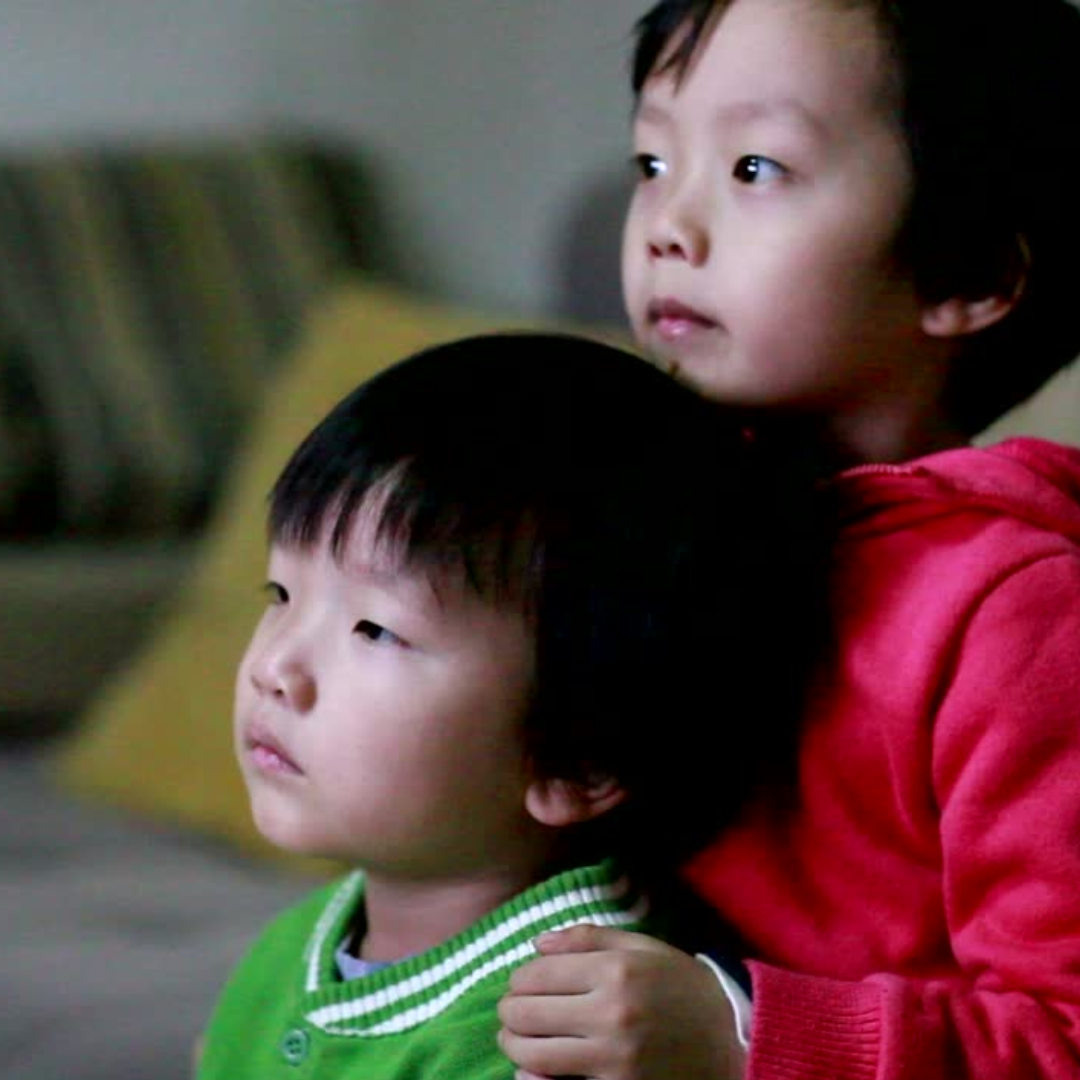Prepare Your Children For Evacuation Drills At School By Discussing Their Strengths and Using Mindfulness

Prepare Your Children For Evacuation Drills At School By Discussing Their Strengths and Using Mindfulness
Prepare Your Children For Evacuation Drills At School By Discussing Their Strengths and Using Mindfulness
By Rich Richmond, Marketing Associate, Beech Acres Parenting Center
Recently, during a quiet family dinner, my daughter was recounting her activities from that day and shared that they had an evacuation drill that morning. Without really thinking, I asked her what kind of drill, fire? Tornado?
“Active shooter,” she replied.
For generations, fire drills and tornado drills were a common activity for schoolchildren, a brief reprieve from the daily routine, and a valuable opportunity to remind them what to do in case a natural or unexpected disaster hit their school. For a new generation of children, another type of drill -the active shooter drill- has become just as commonplace.
I was not as shocked as I expected, these drills are a common and unfortunately a necessary part of today’s school routine, but I was a bit surprised at how casual she was about it. Active shooter drills are as foreign to me as air raid or bomb drills were when my parents, grandparents or aunt and uncles would reference them. But for millions of kids, this is the new normal.
Schools have a variety of terms for these types of drills; active shooter, intruder, ALICE (Alert, Lockdown, Inform, Counter, and Evacuate), for my daughter’s drill, a “suspicious character” was in the building. Her school is “L” shaped, and I was also surprised to hear that while one half of the school practiced an evacuation, the other half, where the “suspicious character” was located, practiced lockdown, hiding, and fighting back. It sparked a lot of conversation that night, and I am sure many other parents were in the same situation.
Your children will likely experience these drills at some point, and it is important that you talk with them before, during, and after to make sure they can articulate their feelings and understand the importance of prioritizing their physical safety AND mental well-being.
I consulted the experts I work with at Beech Acres Parenting Center to discuss some strategies to prepare kids for these types of drills. Here’s what they had to say:
Before The Drill
Your school will probably inform you of any upcoming drills. Make sure you stay current with any communications from the school, including emails, social media updates, and forms sent home with your child. Explain to your child that the drill will be happening and why it is important to take it seriously. Be careful not to interject any of your own anxieties or feelings into the conversations, your child will pick up on that and may mirror those feelings. Instead, create and maintain an atmosphere of openness and support, encouraging your child to share with you all aspects of their day, both positive and negative. You’re in this together! Let them know whatever they are feeling; fear, dread, confusion, indifference, is normal and be supportive.
During The Drill
Make sure your child understands the importance of paying attention during the drill and carefully following the directions they are given. Please encourage them to use mindfulness to help them get through it. The same simple strategies they use to calm themselves down before a big test or important game can work here. Tell them to be aware of their body and surroundings, listen to what is around them, be present in the moment. One exercise they can do before, during, or after) is the S.T.O.P. meditation; Stop what they are doing, Take a breath, Observe their surroundings, body, mind, and feelings, and Proceed with a clear mind. They can do this quickly, in the moment, as a way to calm down and focus during the drill.
After The Drill
Parenting experts have long espoused the importance of having dinner together as a family, and while that may not always be possible, being present in the moments you have with your child is. Make sure you take some time every day to really talk with your child, ask them powerful questions about their day that encourage more than one-word answers. Ask them how they felt physically, emotionally, and mentally after the drill. Discover, notice, build, and reward their strengths of bravery, judgment, perseverance, social intelligence, perspective, and hope. These strengths, along with mindfulness activities, can help your children build resiliency.
As parents, we cannot protect our children from everything, but what we can do is teach them the tools and skills necessary to build their resiliency.
Learn more about building your child’s strengths through Natural Strength Parenting, Beech Acres Parenting Center’s unique approach to parenting. If you want to go further, schedule a parent coaching session today.





